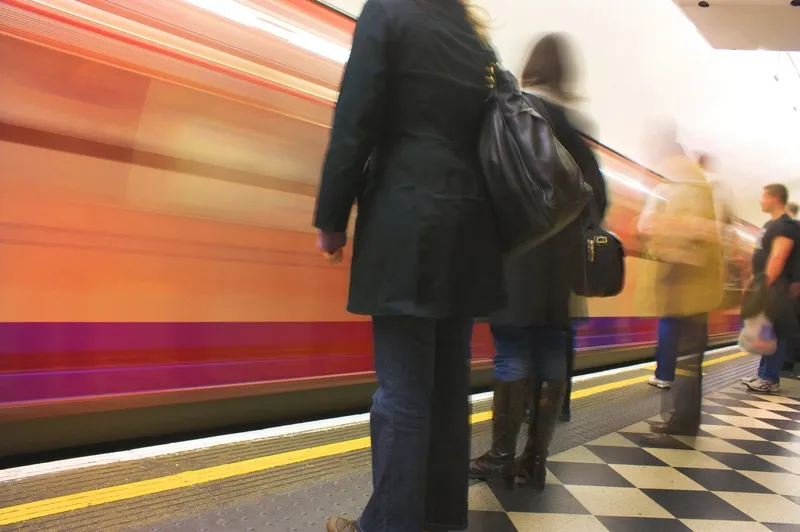
Charity organisations such as Scope and the Alzheimer’s Society are involved in ‘It’s everyone’s journey’, which will raise awareness about the needs of disabled people when using public transport - particularly those with non-visible impairments.
The idea is to prompt members of the public to consider how their behaviour may impact others.
Transport secretary Grant Shapps says that everyone can play a part, adding “we should all be making a determined effort to make public transport accessible to everyone”.
The DfT says disabled people find public transport daunting due to unconscious behaviours such as not looking out for fellow passengers who may need a seat or be in distress.
James Taylor, director of strategy and social change at Scope, says: “Disabled people have a right to be treated fairly rather than like second-class citizens when they use public transport.”
“The negative attitudes and awkwardness many disabled people continue to experience when travelling need to be a thing of the past,” he continues. “We hope this campaign acts as a catalyst to address these issues so that disabled people can travel fairly.”
Part of the campaign includes an ‘inclusive transport leaders’ scheme to encourage and celebrate best practices in inclusive transport.
Bus and train companies can work towards three accreditation levels - ‘Committed’, ‘Operator’ or ‘Leader’ - by publicly declaring steps that have been taken to improve the travelling experiences of disabled passengers, older people and those with reduced mobility.
Other partners involved in the campaign include First Group and WHSmith Travel.










